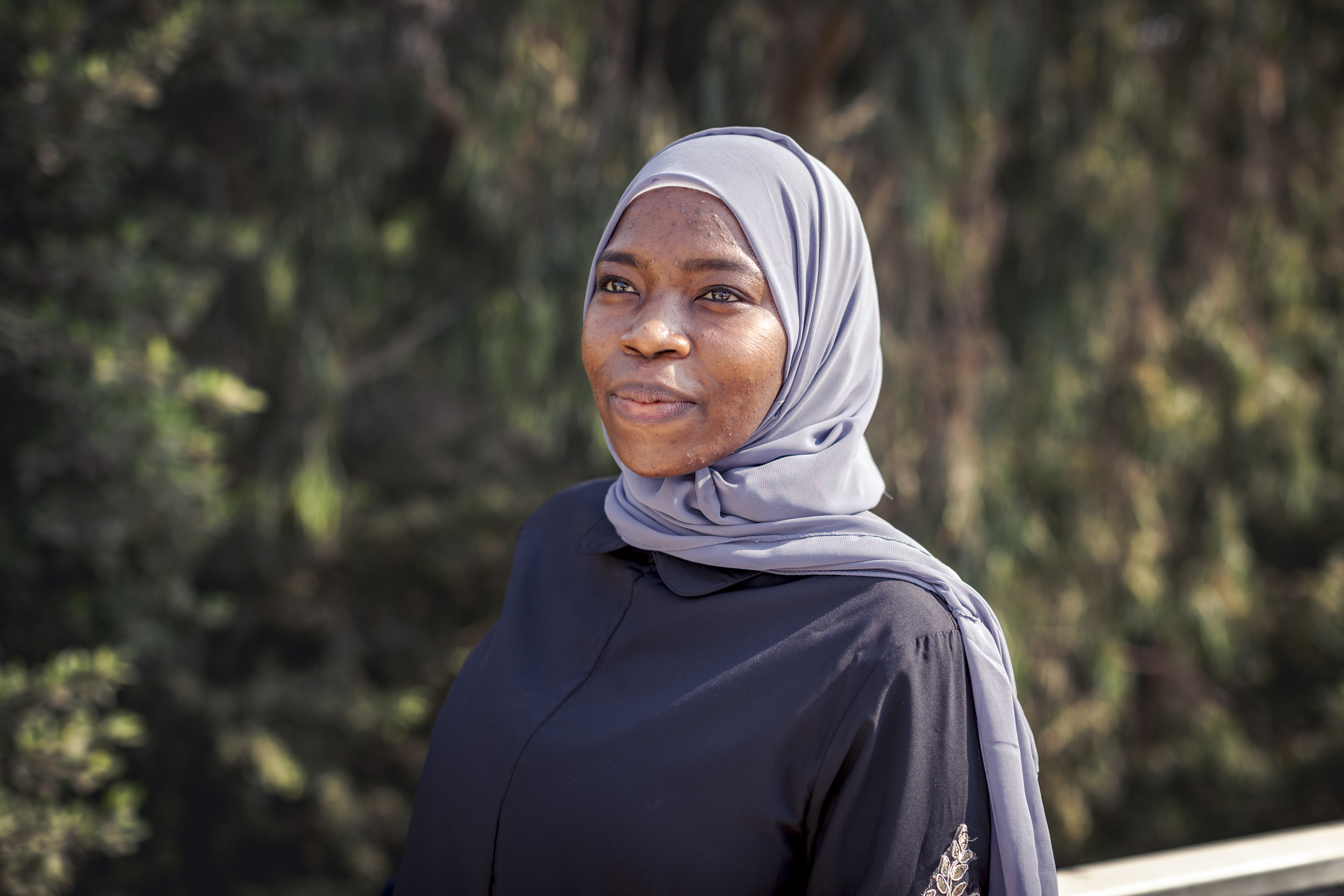Health concerns in Ethiopia camps, start of school year for refugee children in Dadaab
Health concerns in Ethiopia camps, start of school year for refugee children in Dadaab
UNHCR is becoming extremely concerned about the increasingly poor health state of recent Somali arrivals in Ethiopia. At the Kobe camp, in the Dollo Ado area, medical screening of new arrivals is recording severe acute malnutrition among 19 percent of children. At nearby Hilaweyn, the rate is 16 percent while in Melkadida and Bokolmanyo the rates are 10 and seven percent respectively. In July UNHCR reported high incidence of acute malnutrition at Dollo Ado. Severe acute malnutrition is a more critical level of malnutrition still, and poses a particular risk for children below the age of five. UNHCR considers a rate of over one percent to be alarming.
In light of these findings an inter-agency task force agreed yesterday to increase food distribution points in the camps, to urgently open additional centres for nutritional feeding, and to ensure that malnourished refugees receive appropriate supplementary food. After consulting with the refugee community, awareness-raising campaigns will be conducted to encourage refugees to access health services. Outreach workers will go from tent to tent and look for malnourished children who are not enrolled in the feeding programmes. They will also trace children who may not be continuing with nutritional feeding treatment. Given the severity of the situation, UNHCR expects that malnutrition rates will remain high for some weeks until the situation stabilizes.
Meanwhile, a convoy of UNHCR trucks, delivering essential aid items for an estimated 18,500 newly arriving Somalis in the Gode area, some 250 km north of Dollo Ado, reached its destination on Wednesday (31 August). This assistance (shelter material, blankets, sleeping mats and mosquito nets) was airlifted into Addis Ababa from our emergency stockpiles in Dubai last weekend. Distribution among the new arrivals is scheduled to begin shortly with a UNHCR team on the ground coordinating the relief effort. Other agencies are also joining in the response including UNHCR's partner, the IRC, which is dispatching 1,000 aid kits.
Our team also learned from the local Ethiopian authorities in Gode that some of those previously assumed to be refugees are actually displaced just inside Somalia where the border line is not clear. Yesterday, we discussed with our Ethiopian government counterpart the continuation of the cross border assistance already under way, while coordination and distribution mechanisms are being put in place with the UNHCR and other actors inside Somalia.
In Kenya, this coming Monday marks the start of the new school term and at Dadaab, the largest refugee complex in the world, some 40,000 refugee children are preparing to go to school - many for the first time. The influx of 154,000 new refugees from Somalia this year, more than half of whom are children, has added to already pressing needs at Dadaab for more classrooms, desks, stationery, textbooks and teachers. For the 156,000 school-age children in the three Dadaab camps there is currently only one teacher for every 100 pupils - and most of the teachers are themselves refugees. Enrolment remains low at 42 percent for primary and five percent for secondary schools. In the case of girls, enrolment is even lower, at 33 percent for primary school. Overall, some 75 additional schools, or 1800 classrooms, are urgently needed. Few of the newly-arrived refugee children have had any formal education in Somalia. To smooth their transition into schooling, UNHCR's partner CARE recently began an accelerated learning programme to teach basic literacy and numeracy skills. Some 1500 children between the ages of five and 13 are benefiting from this programme.
Learn more about the crisis in the Horn of Africa and how to contribute by visiting the UNHCR Horn of Africa emergency donation site. For the latest updates follow us on Facebook or Twitter.
For further information on this topic, please contact:
- In Kenya, Nairobi UNHCR regional office: Andrej Mahecic on mobile +254 734 330 023
- In Nairobi, UNHCR Kenya office: Emmanuel Nyabera on mobile: +254 773 995 975
- In Kenya, Dadaab: William Spindler on mobile +254 705 253 231
- In Kenya, UNHCR Somalia Office: Andy Needham on mobile +254 733 120 931
- In Ethiopia: Kisut Gebre Egziabher on mobile +251 911 208 901
- Laura Padoan on mobile +252 618 389 306








